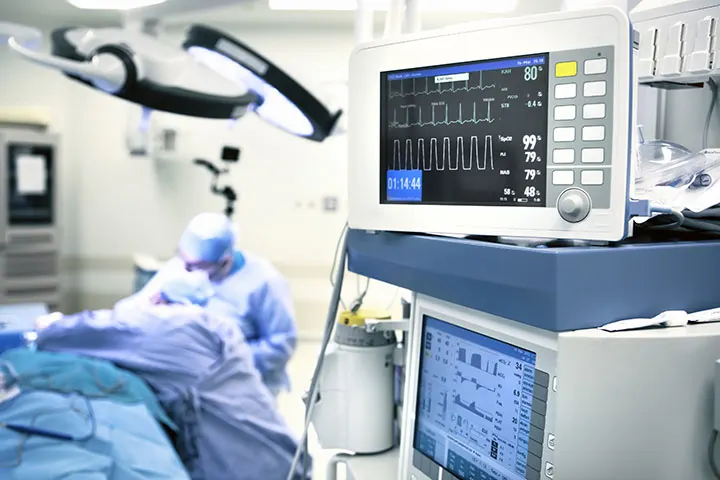6 Factors to Consider When Organizing for Hospital Equipment Rentals

The previous two record-breaking flu seasons, and now, the COVID-19 pandemic, have pushed most hospitals’ capacity to the limit. The average hospital will own or rent over 35,000 SKUs of equipment at any one time. However, the pandemic has caused shortages of vital medical equipment as the numbers continue to surge. Industry experts suggest hospital equipment rentals may help alleviate the short supply of necessary medical pumps through the fast acquisition of those readily available in the market. Here are six factors to consider when renting medical equipment.
1. Determine the Equipment You Need
Hospital equipment rentals provide quick solutions to existing shortages in beds and other machines. You will need to review your patient census and other projections to establish the exact number of devices that you require. Establishing the peak need enables the facility to plan for a smart rental strategy. It also allows you to assess whether the supplier can meet your needs.
2. The Reputation of the Vendor
Before signing the lease agreements, you will need to conduct a background check on the vendor supplying the equipment. You should do some research on the operation of their rental program and how it may affect your business. Ask for references to some of their previous clients. Talk to other customers and get a feel of their experience working with the supplier.
3. Technical Expertise at Hand
Medical equipment, such as infusion pumps, requires service and maintenance. A reputable vendor will offer technical support as part of their customer service to help maintain the products. Investigate their support service mechanisms and how swiftly they respond to emergency repairs. A satisfactory service program will help improve the operational efficiency of your health facility.
4. Patient Influx Management
It’s essential to plan for increased patient numbers, especially with the pandemic still being a concern. Previous rental trends may offer a guide to the equipment that may be required to handle census surges within the wards and emergency rooms. Conduct frequent patient census and equipment inventory to prepare adequately for the necessary equipment to be rented and used while still needed.
5. Quality of Equipment on Offer
Patient care and customer satisfaction are the backbones of the healthcare industry. The hospital equipment rentals should be of high quality that guarantees impeccable service throughout the rental period. Ensure that the vendor deals with reputable brands that you trust. Poor quality equipment will have a negative impact on patient care, thus wasting the investment made. Additionally, make sure the supplier is providing you with the correct software versions of equipment, whether it is brand new equipment or properly refurbished equipment. This will enable you to enjoy recent technological advances and the peace of mind when providing care for patients.
6. Cost of the Rentals
Financing for purchasing medical equipment faces some challenges. Especially at a time when healthcare executives are dealing with increased capital requirements, device recalls, and rapid technological advancements. Luckily, hospital equipment rentals offer an attractive alternative that is cheaper and faster as facilities deal with a biting cash crunch. Take time to review offers from different vendors. Pick the vendor that offers quality equipment and Biomed services to ensure that you get the best value for money invested.
In Conclusion
Healthcare equipment is a necessity in patient care and recovery. The upfront purchase of new equipment may be too expensive for most facilities to afford. Hospital equipment rentals offer a way out through cheaper and faster acquisition of the necessary medical products.
